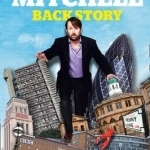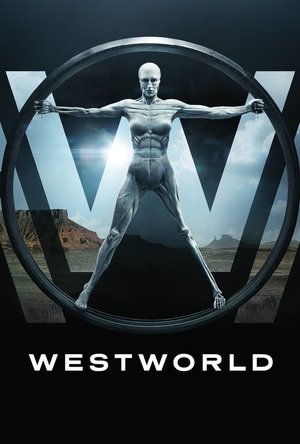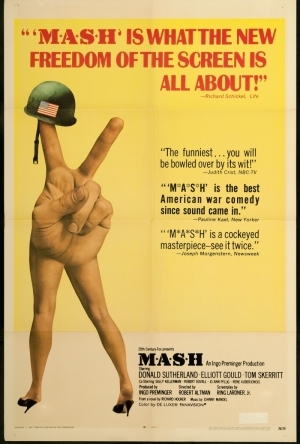Daniel Boyd (1066 KP) rated Westworld - Season 2 in TV
Jul 5, 2018
Westworld Season 2 is in absolutely no way a bad series of television. Sure, it isn't as good as the first season, but what you need to remember is that Season 1 of Westworld is one of the best series of TV ever broadcast.
In my opinion, Season 2 was never going to be as good as it's predecessor and that's okay. It's still intriguing, exciting and well made and without spoiling too much, I thought that the way this series ended was pretty bold and rather refreshing.
The first half of the season has it's ups and down and (SPOILERS from the end of Season 1,) the presence of Sir Anthony Hopkins is sorely missed. However, there are moments of brilliance in every episode of this series, it's just unfortunate that they are sometimes surrounded by convoluted padding.
Overall, yeah it's not as good as series 1, but you know what? I still felt like it was a pretty great season of television and I am looking forward to what this show has to offer in the future.
Jordan Binkerd (567 KP) rated MASH (1970) in Movies
Jul 31, 2019
Plus, the protagonists are legitimately despicable people. You're supposed to cheer for them against the by-the-book fuddy-duddies like Burns and "Hot Lips" Houlihan, but honestly? The scene where they pull up the sides of the shower tent and expose HLH mid-shower is a bit uncomfortable, made more so by her breakdown/rant next scene as she berates the unit Commander for letting them get away with crap like that - and she's not wrong. The protagonists deserve to be court martialed for this, but no consequences are ever leveled. Even for the 70s, that's messed up....

David Mitchell: Back Story
Book
David Mitchell, who you may know for his inappropriate anger on every TV panel show except Never...

Effigy: Vol 1 : Idle Worship
Book
* After a sex-tape scandal, former Hollywood child star turned Z-lister Chondra Jackson returns to...

Amazon Cloud Cam Security Camera
Tech Watch
Stay connected 24/7 - Catch activities as they happen in 1080p Full HD. Watch, download, and share...

Four Parties and a Funeral
Book
Agatha Award-winning author Maria DiRico returns with the fourth book in the Catering Hall Mystery...

Radio Times
Entertainment and Magazines & Newspapers
App
Radio Times magazine – the UK’s favourite guide to TV, film and radio listings is now on...

Video & TV Cast Pro for Chromecast: Stream Movies
Photo & Video and Utilities
App
Watch any web video or local video on your Chromecast 1+2+Ultra or Android TV powered television...

rova - stay tuned
Music and Entertainment
App
All of your favourite NZ radio stations streaming live, in one place. Polly & Grant are back,...


